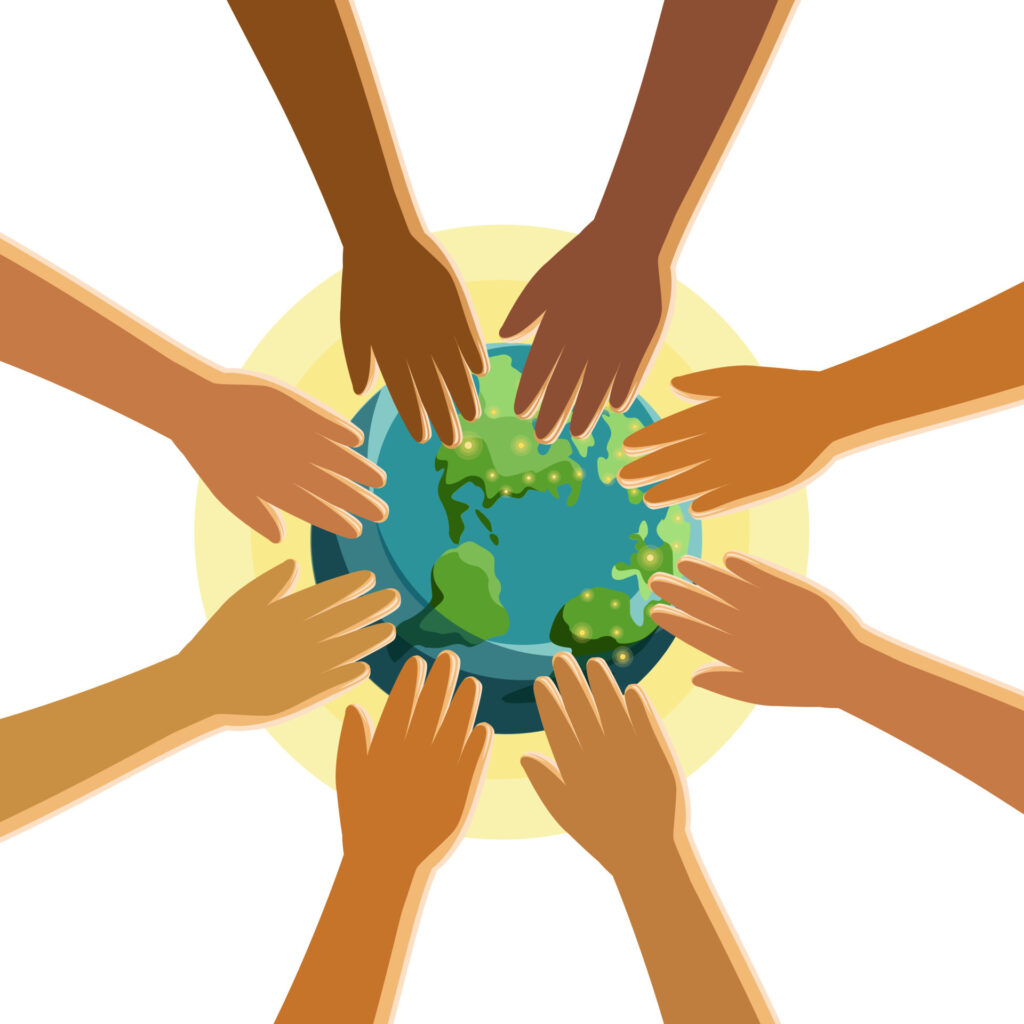
Cultural diversity has long been associated with the promotion of tolerance between different cultures. However, as our understanding of diversity and inclusion has evolved, we now recognize that diversity goes beyond mere tolerance. It has the power to enrich human learning and experience, fostering a concept known as ‘unity in diversity.’ By embracing cultural diversity, we can create a more inclusive and vibrant society that benefits everyone.
Understanding ethnic diversity extends far beyond superficial differences; it requires a commitment to evaluating personal biases and stereotypes. Collaboration and cooperation thrive when individuals look beyond their own cultural identity and embrace a common understanding. By working together for the common good, we can push society forward, creating a better world for everyone.
Shaping Identity and Promoting Fair Treatment; Ethnic and cultural diversity have a profound impact on thoughts, feelings, and behaviors. The way we perceive others based on their ethnicity or diverse factors can significantly influence how they are treated. To foster inclusivity, we must reject generalized biases and stereotypes that pigeonhole individuals into predefined categories. By embracing diversity, we promote tolerance and understanding, nurturing strong relationships built on respect and shared values. Additionally, cultural imperialism, the imposition of dominant culture on minority groups, should be avoided, as it impedes the celebration of diverse identities.
The Importance of Tolerance; Tolerance is a vital aspect of accepting ethnic diversity. It involves looking beyond our disagreements and dislikes and recognizing the value of differences. By practicing tolerance, we create an environment where diverse perspectives can coexist harmoniously, fostering growth, and understanding.
Studies have revealed that ethnic and cultural minorities within communities or workplaces often suffer from a lack of social cohesiveness and inclusion. This absence of belongingness can negatively impact mental health, leading to isolation, withdrawal, depression, or anxiety. By actively respecting and building relationships with minority groups, we create a sense of togetherness and foster inclusiveness, nurturing a supportive and inclusive society.
The Pitfalls of Cultural Imperialism; Cultural imperialism, the imposition of one culture upon another, disregards the rich tapestry of diverse cultures. Integration should be a voluntary process that occurs naturally over time, rather than a forceful assimilation. Embracing diversity means refraining from imposing our beliefs on others through laws, policies, or threats. Instead, we celebrate the beauty of different cultures, allowing them to flourish and contribute to the collective richness of our society.
Benefits of Cultural Diversity: Embracing a multicultural environment yields numerous benefits. By exposing ourselves to different cultures, we broaden our perspectives, challenging and dispelling previously held stereotypes. This leads to increased productivity and fosters an environment of continuous learning and growth. In educational settings and companies, a diverse workforce fosters innovation, creativity, and out-of-the-box thinking. By integrating diverse cultural viewpoints, we generate richer ideas that cater to a global market, enabling companies to better serve the needs and demands of an increasingly diverse population.
Taking everything into account, cultural diversity is not merely about tolerance; it is about embracing the richness and uniqueness that different cultures bring. By evaluating personal biases and stereotypes, fostering tolerance, and promoting social cohesion, we create a society that celebrates diversity. Embracing cultural diversity in educational and professional settings leads to innovation, creativity, and increased productivity. Let us continue to build a world where unity thrives in diversity, creating a brighter future for all.


